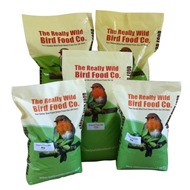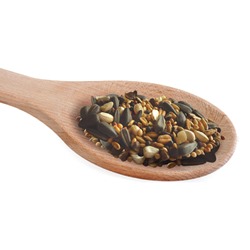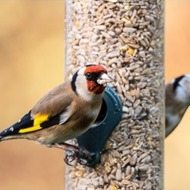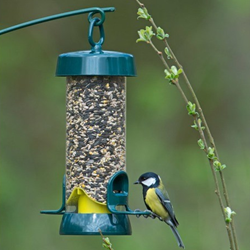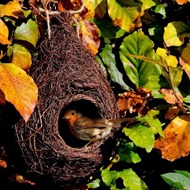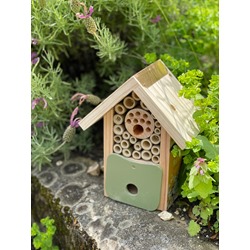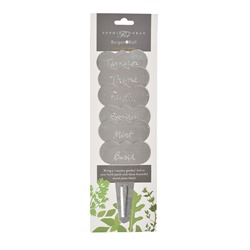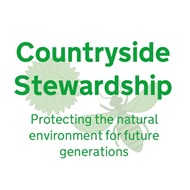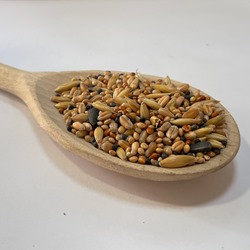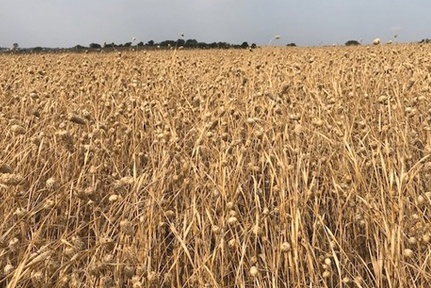
It was a harvest of two halves. A dry spell, followed by three weeks of rain and then the sun came out again. Those three weeks of continuous rain were not happy weeks for farmers and our nerves were shredded as we waited to see what impact the bad weather would have on our crops.
However, we were not as badly affected as other areas of the UK, especially Yorkshire, where one poor farmer had his whole farmyard washed away by torrents of water.
Thankfully, our crops stood up to the weather remarkably well. Our spring barley has all made 'full spec' malting so is off to make malt for beer or lager. What a nice thought! :)
Harvest is always a nice time to enjoy tea in the field; some fish and chips and a bottle of something cold. Our three dogs, Rhona, Fern and Lily are never far away when there is food on the go!
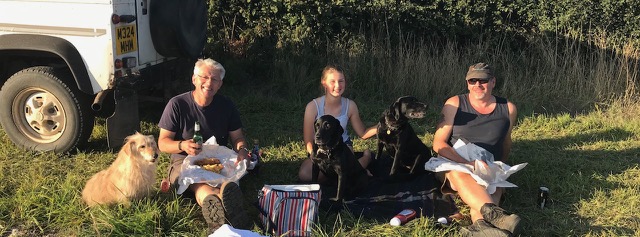
Last year was our first year doing a 'no cultivation' system after harvest so totally new to us and it was apparent that we really needed to be able to move the chopped straw which was left on the fields. So this year we purchased a straw rake, which does what it says on the tin! A giant rake which will move the straw and grains dropped by the combine, help 'chit' the weed seed and also bash any slugs and slug nests. Richard is thrilled with the results (phew - it has been a good buy!) the straw is now laid evenly on the surface for worms to break down, and, so far, there is no sign of slug activity. The other exciting thing about the rake is the speed at which Merv can drive across the field, so big acreages can be covered in a day and being home in time for tea is always welcome!
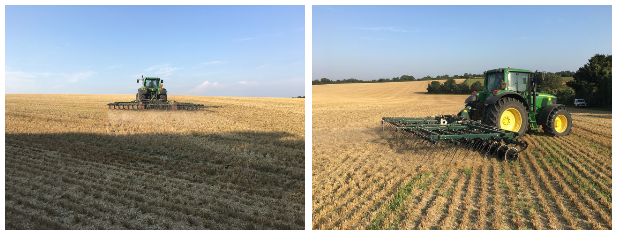
Our Canary seed has enjoyed itself this year, and we were able to combine it really dry. Last year it suffered in the heatwave but this year growing conditions were much better and both the yield and the quality are excellent. The straw of canary seed is really wiry and tough (even when dry). Richard and I had an exhausting day pulling wild oats out of it by hand; the wiry straw wrapped around our ankles and made walking extremely difficult. It is also a very itchy, dusty seed to clean, and Richard has to apply considerable skill to produce a quality product. Just some of the things we do to deliver the best bird seeds for your garden birds and our 'cage and aviary' customers too!

Some Facts You Might Not Know About Canary Seed
- The scientific name for canary seed is Phalaris Canariensis
- It originated in the Canary Islands
- Saskatchewan is the world's leading producer and exporter of Canary seed
- 300,000 acres will produce around $100million of Canary seed exports annually, nearly all for caged and wild birds
- The top export destinations are Mexico, Belgium, Brazil, Spain, United States and Columbia - those countries with the most caged birds!
- There are two main varieties of Canary seed - itchy (with hairs) and hairless. We grow the itchy variety :)
- Canary seed is gluten-free. The hairless variety has been developed to open up opportunities for the human market - for health foods, flour and whole seed products.
At the time of writing this, we only have our millet left to harvest. That should be ready in the next 7-10 days or so. Then we can say that 2019 harvest is officially finished! It is obviously a very busy time of year for us and sometimes the only way to have some family time together is for Eleanor and I to squeeze onto the passenger seat of the combine!
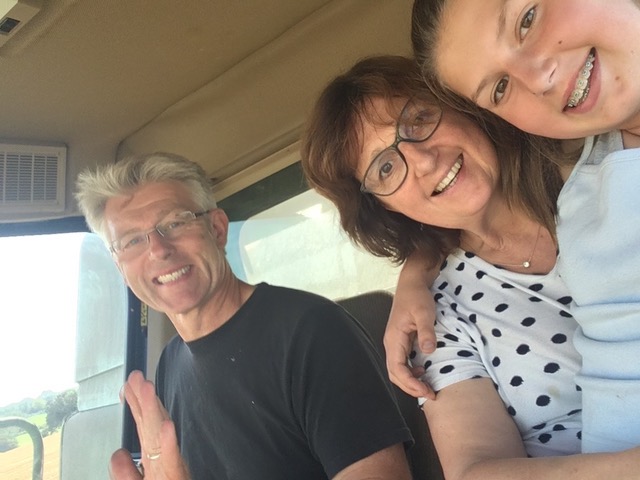
 Back
Back Bird Foods
Bird Foods
 Seed Mixes
Seed Mixes Straight Seeds
Straight Seeds Mealworms & Worms
Mealworms & Worms Chicken Feed
Chicken Feed Duck Food
Duck Food Peanuts & Peanut Butter
Peanuts & Peanut Butter Suet & Fat Balls
Suet & Fat Balls No Mess Bird Seed
No Mess Bird Seed Wheat Free Bird Seed
Wheat Free Bird Seed Sunflower Seeds
Sunflower Seeds Softbill Bird Food
Softbill Bird Food Bulk Bird Seed
Bulk Bird Seed Trial Packs
Trial Packs Pick & Mix
Pick & Mix Mini Pick & Mix
Mini Pick & Mix Birdie Basics: Budget Bird Food
Birdie Basics: Budget Bird Food Food for Small Birds
Food for Small Birds Back
Back Bird Feeders
Bird Feeders
 Seed Feeders
Seed Feeders Peanut Feeders
Peanut Feeders Peanut Butter Feeders
Peanut Butter Feeders Suet & Fat Feeders
Suet & Fat Feeders Window Feeders
Window Feeders Hanging Feeders
Hanging Feeders Feeding Stations
Feeding Stations Ground Feeders
Ground Feeders Easy Clean Feeders
Easy Clean Feeders Bird Tables
Bird Tables Seed Trays
Seed Trays Bird Baths & Drinkers
Bird Baths & Drinkers Feeder Accessories
Feeder Accessories Feeder Hygiene
Feeder Hygiene Squirrel Proof Bird Feeders
Squirrel Proof Bird Feeders For the Kids
For the Kids Niger Seed Feeders
Niger Seed Feeders Mealworm Feeders
Mealworm Feeders Bird Food Storage
Bird Food Storage Fat Ball Feeders
Fat Ball Feeders Tube Feeders
Tube Feeders



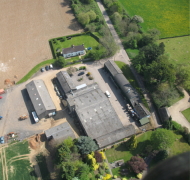 Our Farm
Our Farm
 Tips & Advice
Tips & Advice
Contact Us

